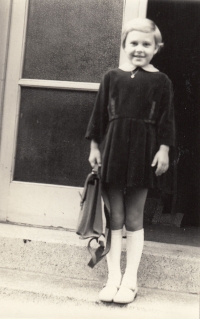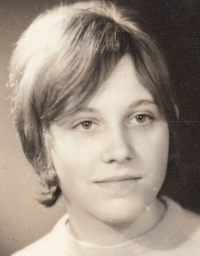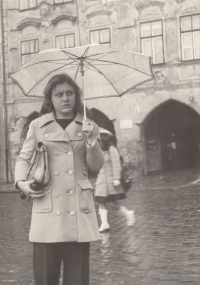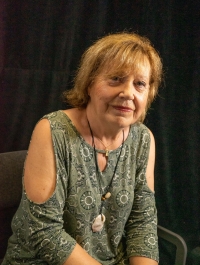Nobody‘s gonna give me back the time we were locked up here
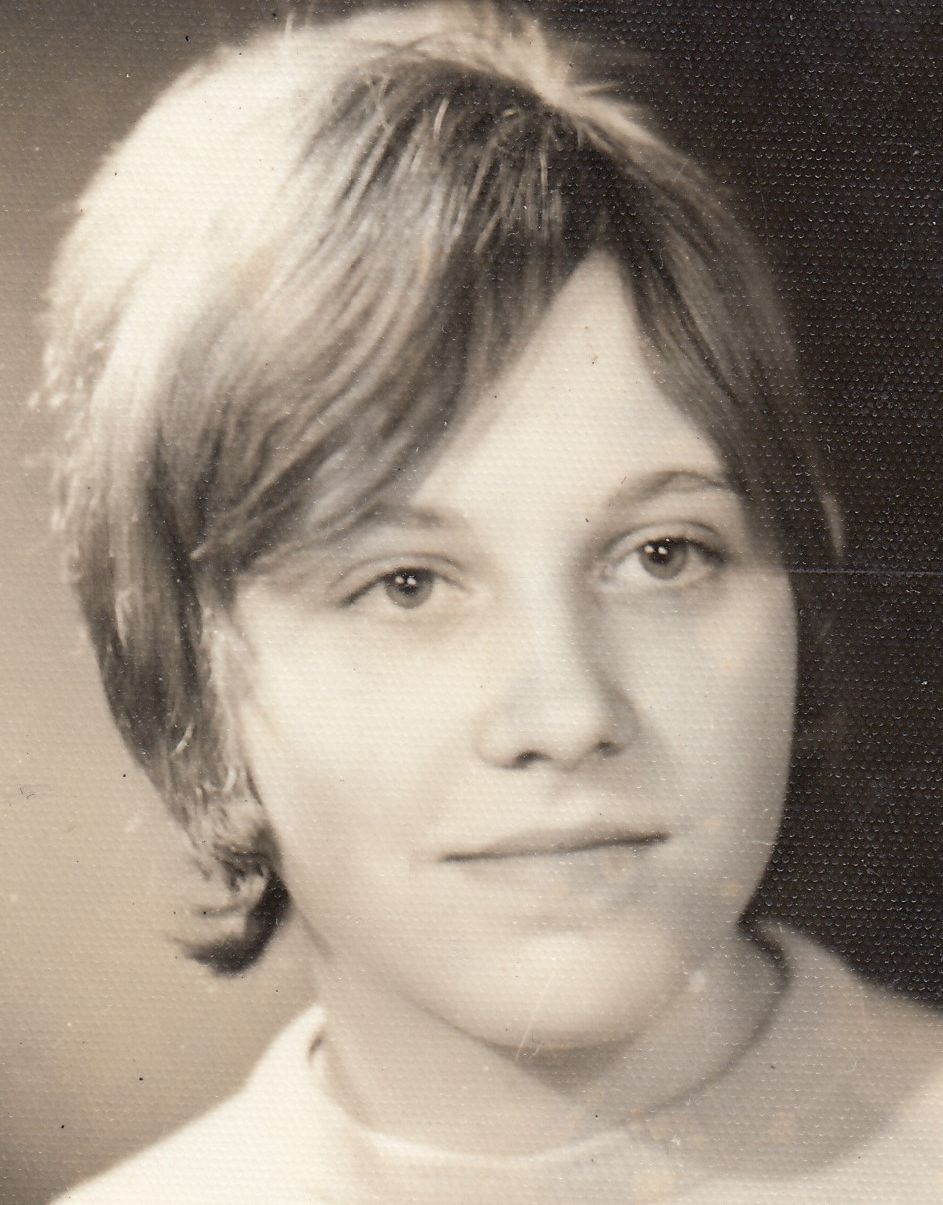
Stáhnout obrázek
Ludmila Fišerová was born on 14 September 1955 in České Budějovice. Her father, Josef Fišer, was a professional soldier with the rank of major and her mother, Ludmila Fišerová, originally a milliner, sold in a hat shop. From the third grade she attended a special elementary school with extended language instruction. In 1970-1974 she studied at the grammar school in České Budějovice. From the beginning of the 1970s, she attended the so-called tea-afternoons and evenings with listening to music in České Budějovice. Over time, listening to music and joining bands that were not supported by the regime became her expression of rebellion against the times in which she lived. On 30 March 1974, she experienced the dispersal of a concert in the Na Americe pub in Rudolfov near České Budějovice. She attended the concert with several other classmates from the secondary grammar school. Despite pressure from the director of the grammar school, none of them ever revealed who attended the concert. If the management of the grammar school had found out, they would have expelled everyone from the school just before graduation. In 1975, she was admitted to the Faculty of Education, which she left after her second year of study. The school did not fulfill her with its ideologically loaded content. In the second half of the 1970s, she went to the so-called barák in Krašovice, where she met opposition-minded people and listened to underground music. After leaving the Faculty of Education, she worked as a kindergarten teacher. After 1990, she applied for the position of director of the kindergarten in Velechvín, where she worked happily for the previous ten years. A candidate with a communist past was chosen to replace her. She then left the kindergarten and looked for a job in the 1990s with considerable difficulty. At the time of filming (2024) Ludmila Fišerová lived in České Budějovice.
